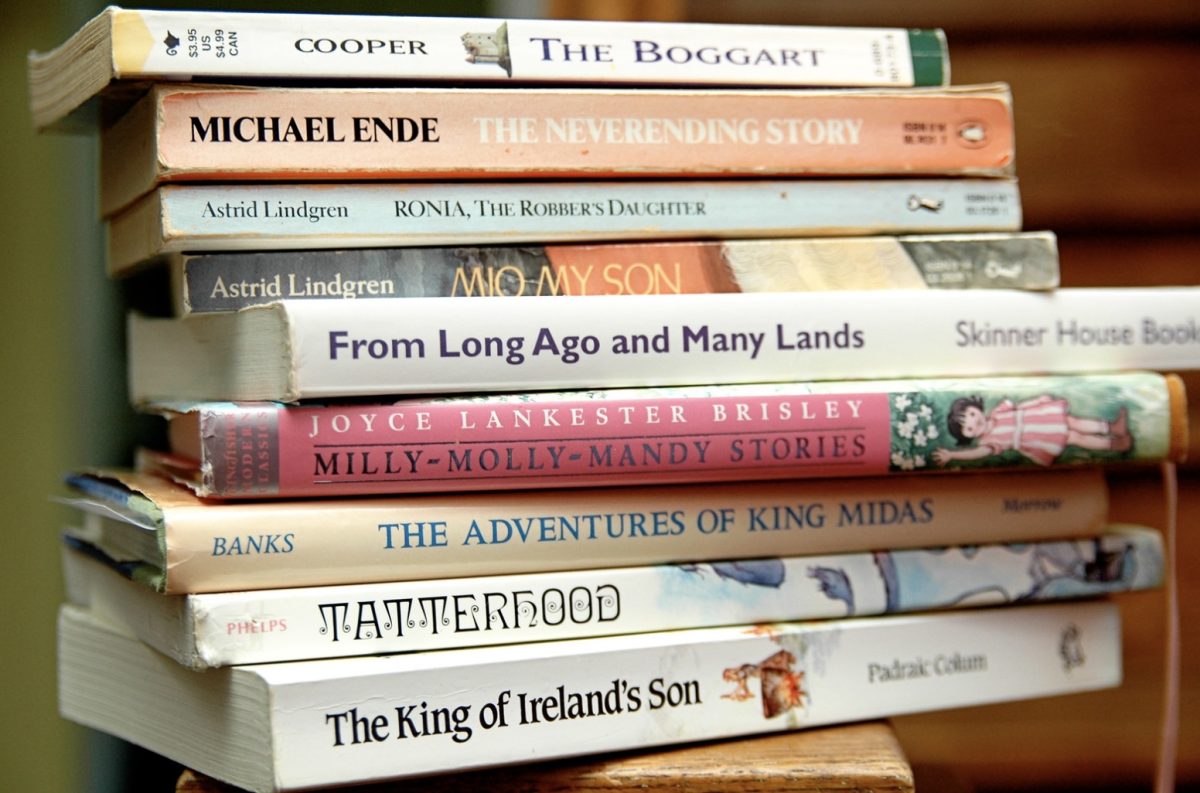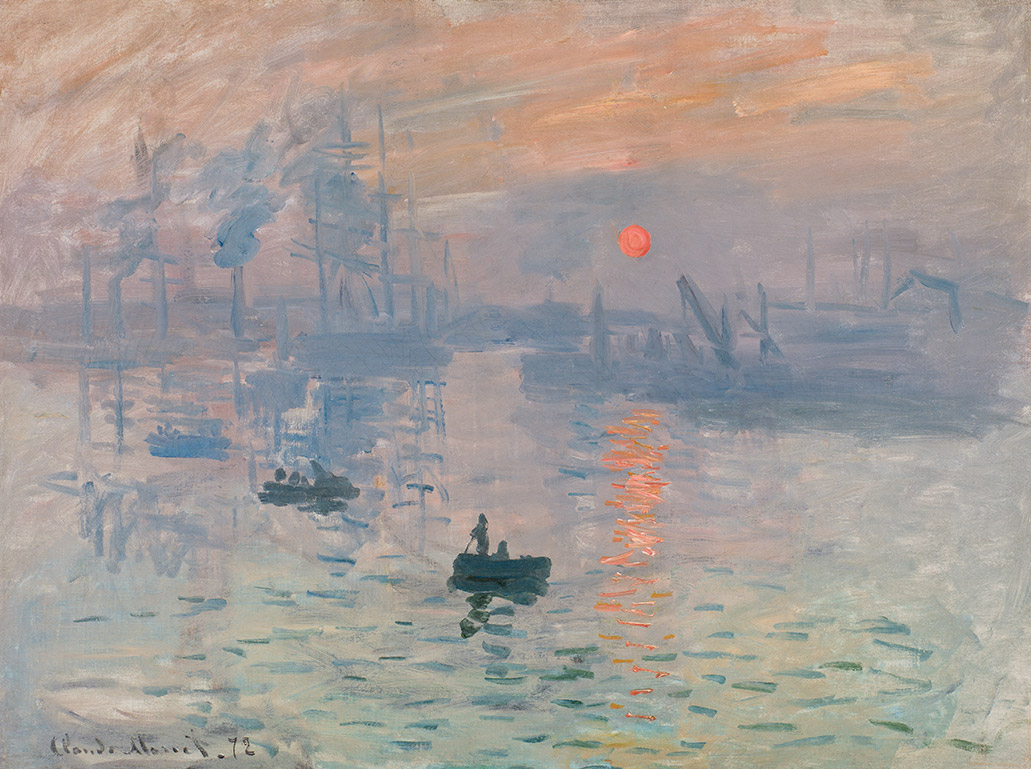As our world increasingly relies on technology for everyday tasks and activities, debates have risen over the benefits of audiobooks and Kindles in comparison to paper books. Though there are various arguments in favor of the technology, including the fact that audiobooks allow for multitasking and Kindles allow for easier accessibility to more books, paper books provide the best reading experience. Not only are paper books better for human health, but they also help the reader truly understand the meaning of the text.
Many people spend countless hours on screens throughout the day for work, school, socialization or relaxing. However, the blue light in our technology, including Kindles, affects our sleep and eyes, worsening our physical health. Our bodies have a critical period of sleep called the circadian rhythm, and blue lights can disrupt or shorten the length of this time. Therefore, by reading on a Kindle, individuals are directly exposed to blue light immediately preceding sleep, further disrupting their circadian rhythm. To limit interruption to circadian rhythm sleep as much as possible, scientists and ophthalmologists recommend to avoid technology use one-to-two hours before sleep, rendering Kindle use before bed unfeasible.
Additionally, all exposure to technology causes eye strain. This eye strain is not related to blue light but is caused by the reduction in blinking while looking at screens. According to the American Academy of Ophthalmology, the regular “blink rate” of 15 times per minute can be cut in half while our eyes are focused on technology. This can lead to headaches, dry eyes, blurry vision and tearing eyes. Since limiting technology use can help reduce these symptoms, using a paper book is one of the easiest ways to unplug and positively benefit personal health.
Furthermore, using paper books is more beneficial to the reading experience because it allows the reader to understand the meaning of the text fully. Many studies have found that readers using physical books have a better grasp of the plot than those using Kindles. For example, Anne Mangen, a Norwegian scholar, found that, when tested, students who used paper could recall and comprehend information more effectively than students who used an Amazon Kindle. This is because reading a physical text helps preserve the order of events and chronology. When readers can visually see the pages of the text, they are more likely to flip back to confirm pieces of information instead of making inferences. In comparison, without being able to see or feel the pages, Kindle readers are proven to be less engaged with the material, causing a greater lack of understanding.
Additionally, coherency and comprehension issues are also increased through the use of audiobooks. Though some individuals are auditory learners, having a physical copy of the material to interact with increases understanding. A study co-authored by psychology professor Daniel Willingham of the University of Virginia found that students who listened to a podcast version of a lesson performed worse on a comprehension test than the students who read the lesson on paper. Instead of focusing solely on the lesson, the listeners’ attention would wander to different tasks or activities. After taking the test, Willingham found that the listeners scored 28% lower on average than the students who read the lesson. In his opinion, this could result from the listeners’ inability to manipulate and make notes on the text. Instead of being able to highlight or underline key points, bolded words or repeated information, the students listening had to remember or take their own notes. Instead of the podcasts or audiobooks liberating the students from remaining stationary, multitasking and wandering attention degraded processing and comprehending important information.
Finally, reading physical, paper books increases the joy of reading. Through the escalated use of phones and computers, reading for pleasure has decreased from 56% of teens to only 43% in 2023. Reading physical books can actually help revive the joy that was once present in teens’ minds. In a study conducted by the Pew Research Center, many people read for pleasure and appreciate a physical book because of the smell. For many, the smell of books and pages increases nostalgia, creating a link between reading and a dopamine response. As author Ray Bradbury put it, “[Kindles] aren’t books … A computer does not smell. There are two perfumes to a book. If a book is new, it smells great. If a book is old, it smells even better. It smells like ancient Egypt. A book has got to smell.” However, smell is only one aspect to the sensory experience physical reading can provide. A greater feeling of accomplishment and gratification is established by turning pages and visually seeing the progress made in a book. Instead of seeing a percentage of a book completed, readers can physically understand and comprehend their progress, increasing the joy in the reading process.
So, while reading on a Kindle or listening to an audiobook can streamline the reading experience, physical books can also increase health benefits, full comprehension and joy. Physical books should not become a memory; the use of paper should be preserved and maintained to help keep the spirit of reading alive.









































